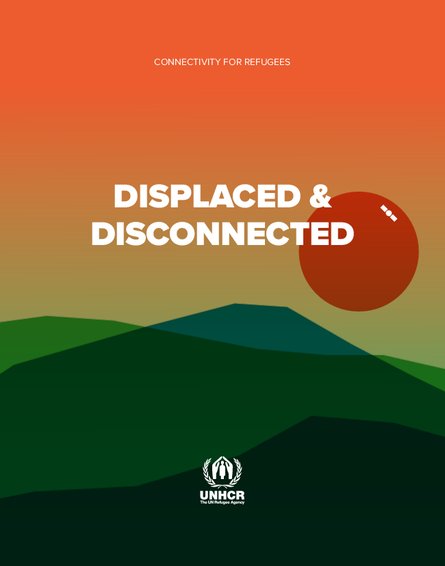
UNHCR recognises that one of the ‘hard stops’ in facilitating mobile connectivity and access to finance for displaced populations is non-conducive regulatory environments. In particular, ID-related legal requirements have proven a significant barrier to access. For example, a refugee who cannot legally activate a mobile connection, open a bank account or access a mobile money wallet in his or her own name may be further marginalized and disempowered as access to information, communication, cash assistance, and transfers is severely limited.
Moreover, the lack of legal certainty, inconsistently applied regulations or sudden changes in regulatory expectations as regards identification can disrupt the delivery of humanitarian assistance.
As such, UNHCR undertook research in partnership with the GSM Association (GSMA) in the latter half of 2018 to examine these access barriers across 20 priority countries: Afghanistan, Bangladesh, Brazil, Burundi, Cameroon, Central African Republic, Chad, Democratic Republic of Congo, Ethiopia, Jordan, Kenya, Lebanon, Mauritania, Niger, Nigeria, Rwanda, Tanzania, Turkey, Uganda, and Zambia.
This report focuses on a relatively under-explored, but nonetheless significant barrier to access among refugees and other displaced persons: legal and regulatory requirements mandating that an individual’s ID is authenticated before accessing a mobile connection, bank account or mobile money wallet. This research is the first of its kind to systematically understand and address the combination of these challenges.